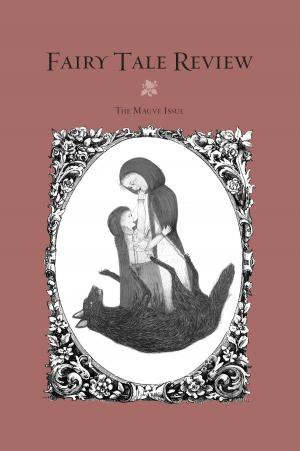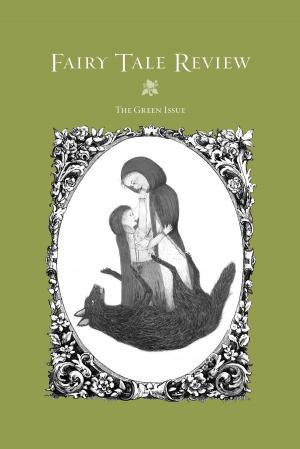The Storyteller's Torah: Genesis
Nonfiction, Religion & Spirituality, Bible & Bible Studies, Commentaries, Fiction & Literature, Essays & Letters, Essays| Author: | Arie Chark | ISBN: | 9780987693693 |
| Publisher: | Arie Chark | Publication: | January 19, 2017 |
| Imprint: | Smashwords Edition | Language: | English |
| Author: | Arie Chark |
| ISBN: | 9780987693693 |
| Publisher: | Arie Chark |
| Publication: | January 19, 2017 |
| Imprint: | Smashwords Edition |
| Language: | English |
This lucid, idiomatic English interpretation of the weekday sedrot (Torah readings) for Bréshit (Genesis) uncovers the storyteller's craft of Torah transmission. This edition intends to instruct those who acquire Torah as drama rather than as Scripture: it does not include commentary, other than the English interpretation — for every interpretation is itself is a type of commentary. Genesis presents unique challenges to storytellers, for there is no single theme: everything from the universal to the particular is presented in 12 brief units. And how does a storyteller convey drama from part of a larger story? The weekday sedrot of Genesis are read over 12 weeks between the the last days of Tishré and mid-Tevet, generally between mid-October and the end of December. The weekday sedrot are read during Mincha (Afternoon Services) every Shabbat afternoon and during Shacahar'it (Morning Services) at every Monday and Thursday. Our traditional storytellers were able to “punctuate” with gestures, postures, choreography, and vocal cues, and these might depend on the venue. The storytellers do not present Torah as "scripture" – for them, and for their audience, Torah is sometimes serious, sometimes funny, sometimes sad, and at all times instructive.
This lucid, idiomatic English interpretation of the weekday sedrot (Torah readings) for Bréshit (Genesis) uncovers the storyteller's craft of Torah transmission. This edition intends to instruct those who acquire Torah as drama rather than as Scripture: it does not include commentary, other than the English interpretation — for every interpretation is itself is a type of commentary. Genesis presents unique challenges to storytellers, for there is no single theme: everything from the universal to the particular is presented in 12 brief units. And how does a storyteller convey drama from part of a larger story? The weekday sedrot of Genesis are read over 12 weeks between the the last days of Tishré and mid-Tevet, generally between mid-October and the end of December. The weekday sedrot are read during Mincha (Afternoon Services) every Shabbat afternoon and during Shacahar'it (Morning Services) at every Monday and Thursday. Our traditional storytellers were able to “punctuate” with gestures, postures, choreography, and vocal cues, and these might depend on the venue. The storytellers do not present Torah as "scripture" – for them, and for their audience, Torah is sometimes serious, sometimes funny, sometimes sad, and at all times instructive.















